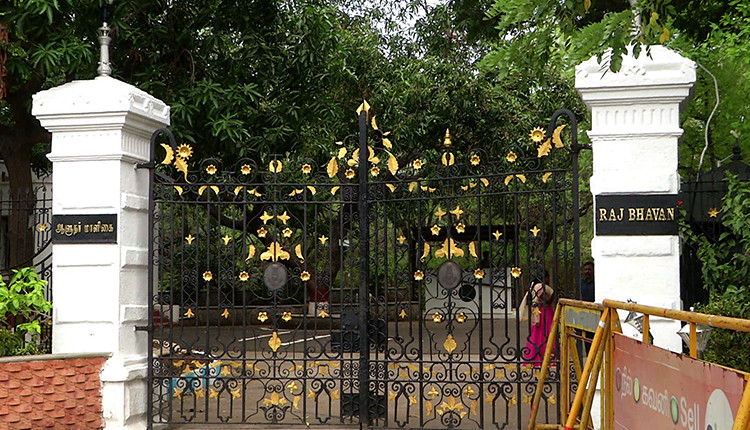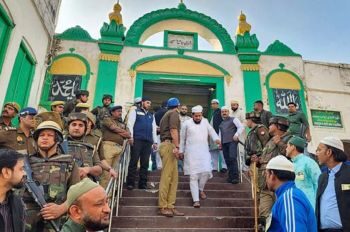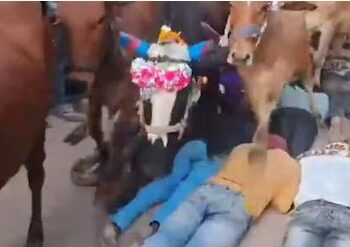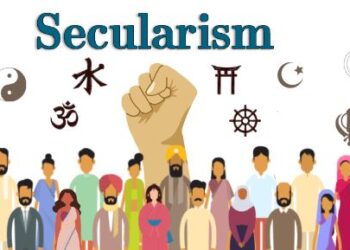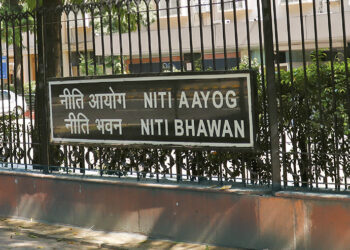Governor is the titular head of a State in the Union of India. In the democratic and republic polity of our Union, the post of Governor is an oxymoron meaning diagonally opposite to the democratic fabric. Democracy originates and gets strengthened by the mandate of the people through electoral process. The prime authorities like the President, the Prime Minister and Chief Ministers of States are elected directly by the electorate as well as by the elected representatives of the people. On the contrary, the Governor of State is a nominated one, in fact appointed by the Union. The democratic and republic nature of our country is that both the President and Governors of States must act as per the advice of the Council of Ministers at the Union and the States respectively. The appointed Governor must act as per the advice of the Council of Ministers in the State as long as it is not against the Constitution.
But in a few States, particularly ruled by political parties that are not in alliance with the ruling BJP at the Union government, the Governors act in the opposite way. They themselves contradict the Constitution in discharging their constitutional responsibilities.
In Tamil Nadu, such contradictions to the Constitution by the Governor are becoming abundant. He has been consistently functioning against the decision of the Council of Ministers on whose advice he must act. Instead of facilitating the rule of the elected State government in coordination with the Union government, the Governor acts like the mouthpiece of the ruling BJP that functions with the ideological support of Saffron outfits. Such opposite mindset of the gubernatorial Governorship is manifested through the delaying tactics in assenting the Bills passed by the State Legislative Assembly. The deliberate discharge of de facto responsibilities as de jure more so in the capacity as Chancellor of State run Universities is also irksome.
The Governor time and again comments on the great Tamil literary work ‘Thirukkural’, which is secular as well as universal, without a deep study of it. The rendering of Tamil scholars who had interpreted rightly the literary work, is wrongly interpreted by the Governor. Obviously, his knowledge in the renowned work is shallow.
Recently the Governor contradicted the Preamble of our Constitution, a vital prelude as well as an integral part of the Constitution. Besides, the Preamble has been framed as the Basic Structure of the Constitution. It cannot be amended on any count as per the judgments of the Supreme Court of India. The statement of the Governor was as follows:
It is said that India is a secular State. Any country must identify itself with a particular religion. India cannot be an exception.
How can the Preamble be brushed aside by the Governor? It is undeniably a gubernatorial gaffe.
The Preamble says,
We the people of India solemnly resolve to constitute India into a SOVEREIGN SOCIALIST SECULAR DEMOCRATIC REPUBLIC….
It is resolved by the people of our country that India is ‘secular’. When it is a clear expression, how could the Governor speak against it and say ‘a country has to identify itself with a particular religion’.
The Governor speaks without any idea of the debates held in the Constituent Assembly while formulating Indian Constitution.
The debate is about the Preamble.
The popular ‘so called’ socialist, H.V.Kamath proposed,
“In the name of God, we the people of India having solemnly resolved to constitute India into a Sovereign Democratic Republic……”
Shri Kamath added “The Constitution should be consecrated by a solemn dedication to God in the spirit of Gita”. The amendment was supported by a few and opposed by many.
M. Thirumala Rao who opposed the amendment has pleaded that,
“God should not be subjected to vote of the House.”
Pandit H.N.Kunzru while opposing the amendment, said,
“Sacred feeling should not have been brought into the array of discussion. The proposed amendment is inconsistent with the Preamble which proposes Liberty of Thought, Expression, Belief, Faith, and Worship to everyone.”
Thereafter Shri H.V.Kamath pressed for a vote and the amendment was supported by 41 and opposed by 68. Reacting to this Shri H.V.Kamath said,
“This Friday is Black Day in our annals. God save India.”
– The Constitution Assembly Debates – Vol X Page 439
The move against bringing God in the ambit of the Constitution was in fact the pronouncement of being ‘Secular’.
Besides, while taking oath of office, ‘as per conscience’ as alternative to ‘in the name of god’ is another expression of our polity being ‘SECULAR’
Without any cognizance of the debate and the final formulation of the Preamble, the Governor of Tamil Nadu has stated that it is imperative for a country to identify itself with a religion. It is deliberate misleading and misguiding propaganda.
The Governor has scant respect for our Constitution and hence contradicts it. He directs the executive machinery superseding the prevailing directions of the elected government.
It must be reminded to the Governor, India is a secular, democratic republic. The ultimate sovereignty is vested with the people of our country who have mandated their elected representatives to rule the country – a Union of many States including Tamil Nadu.


